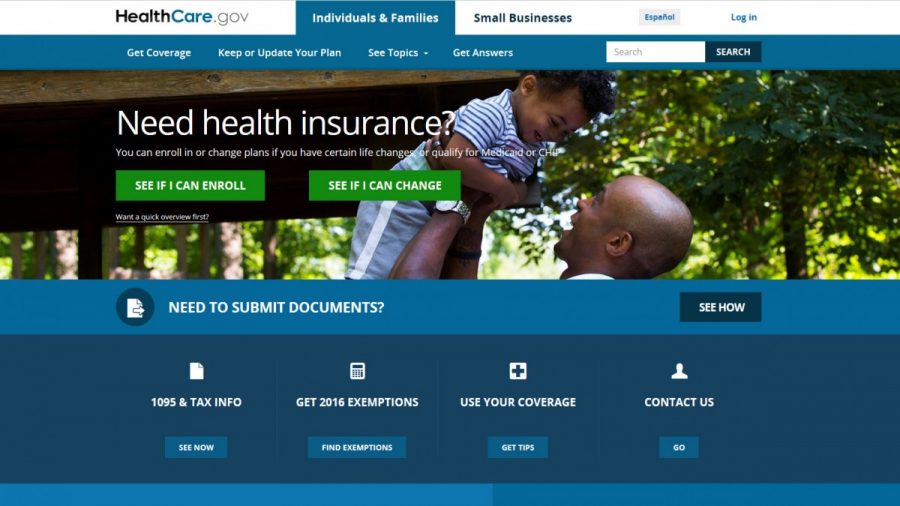Obamacare repeal could prove to be ill-willed for students
February 2, 2017
INDIANOLA, Iowa — President Donald Trump has delivered multiple executive orders within his first weeks in office. One of the first includes a repeal of the Affordable Care Act — dubbed Obamacare — which could soon cause major changes for college students.
The Affordable Care Act is a health care reform bill which pretty much overhauled the health care system when it was enacted in 2010. This bill had a big impact on every level of the health care system.
The act contains 10 titles and is extremely detailed, but the major points are that it requires every citizen to have some form of health care, reduces out-of-pocket costs for Americans, ends discrimination against pre-existing conditions, gender and age, mandates contraceptive coverage and extends dependent coverage until the age of 26.
Cost is the primary factor driving the repeal. It’s true that Obamacare does cost more for some than others. The philosophical debate behind this argument is whether health care is a right or a luxury. Leaning toward socialism and Bernie Sanders, one might say that every American has a right to affordable (or even free) health care. On the other side, aka the Trump administration, health care is a luxury that you should work hard to afford.
Republicans have yet to reveal their replacement plan for after the ACA is repealed. We can speculate that a new health care marketplace will likely be put into effect, more tax credits will be put into place and there will be a greater variety of plans. However, some parts of the act will remain. Most are on board with leaving college students alone. We can mooch off our parents another day.
“I’m looking forward to seeing from both parties- what they come up with that truly addresses the cost of health care, not just access or who’s paying for it,” said Kedron Bardwell, professor of political science.
Sections about discrimination on the basis of gender, age and pre-existing conditions will likely get cut, which means that women will be on their own for birth control, cervical exams and pap smears as well as having higher rates. For people with pre-existing conditions, the future doesn’t look bright.
Aimee Loats, a senior fighting Crohn’s Disease (a chronic illness), described what life would look like without the ACA for her.
“Without insurance, I wouldn’t be able to go to my current digestive disease clinic and would not be able to receive my infusions that are vital to my Crohn’s remission,” Loats said. “It’s a disease that is very fragile. Every day is a different battle, so if patients are going even a couple months without proper care, we will see more ER visits, and deaths that result from this.”
“Ironically, without the ACA, I would have to apply for Title XIX, which is a government assistance program to help cover my basic health necessities,” she added. “Many individuals are very nervous that this will allow not only health care discrimination, but workplace and college discrimination as well. If our residents are not well, how can we expect them to be working, educated members of society?”
In the next few weeks be on the lookout for talks of a replacement plan and what Republicans are saying about the Affordable Care Act repeal. Try to educate yourself about health care plans, what they cost under Obamacare and after. What would you need in a health care plan from an employer? You’ll be negotiating it sooner than you think.





